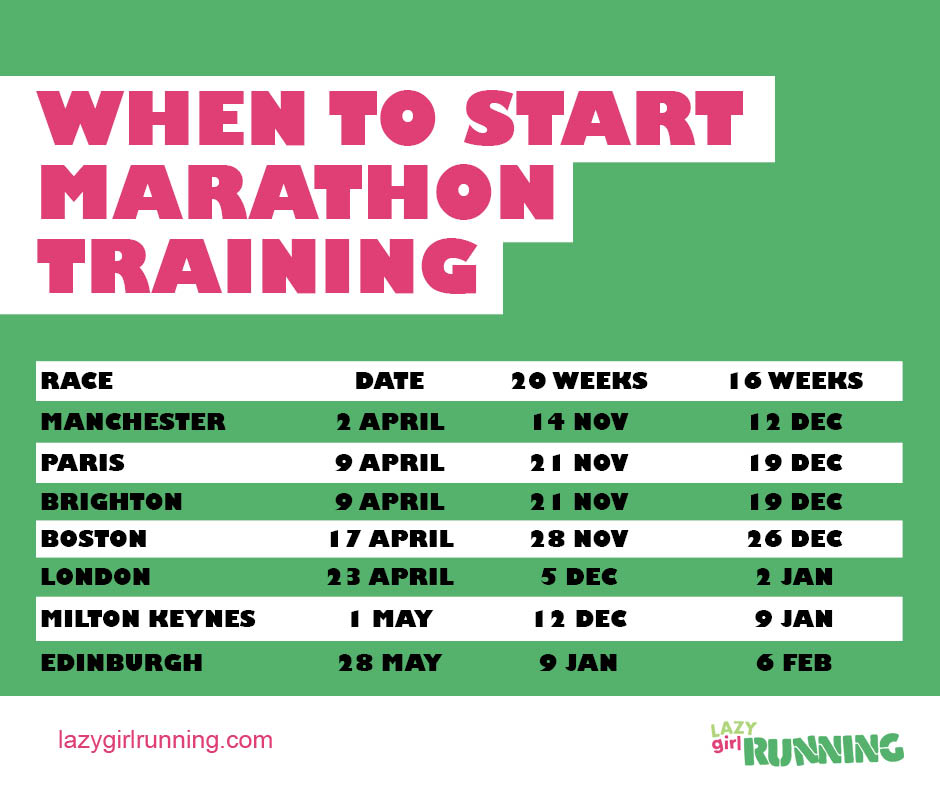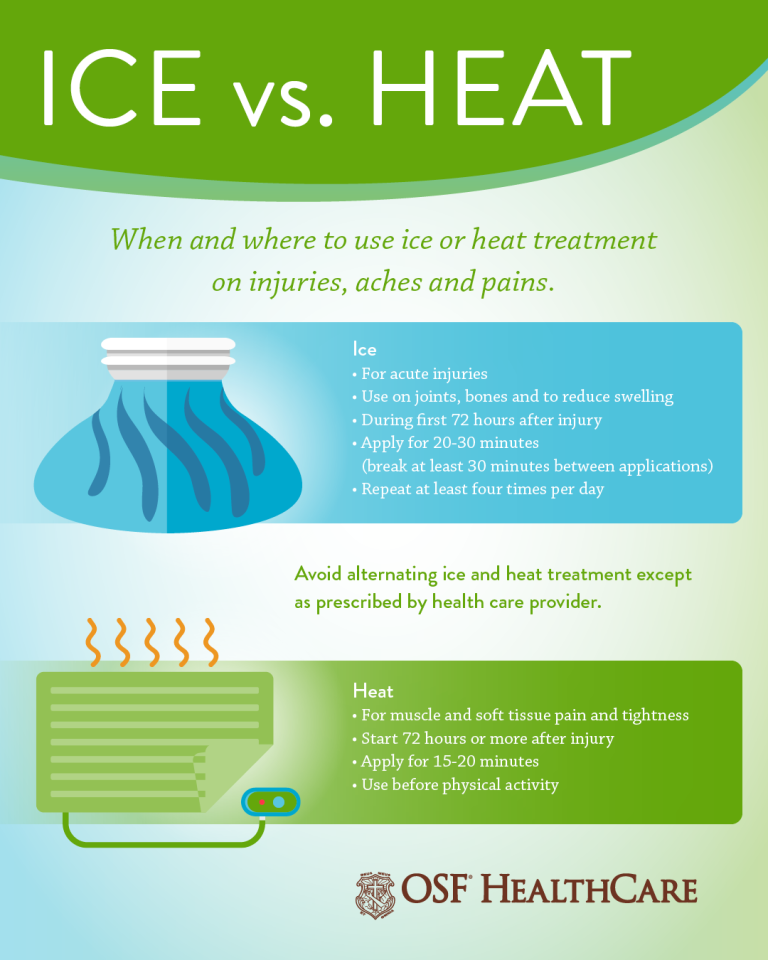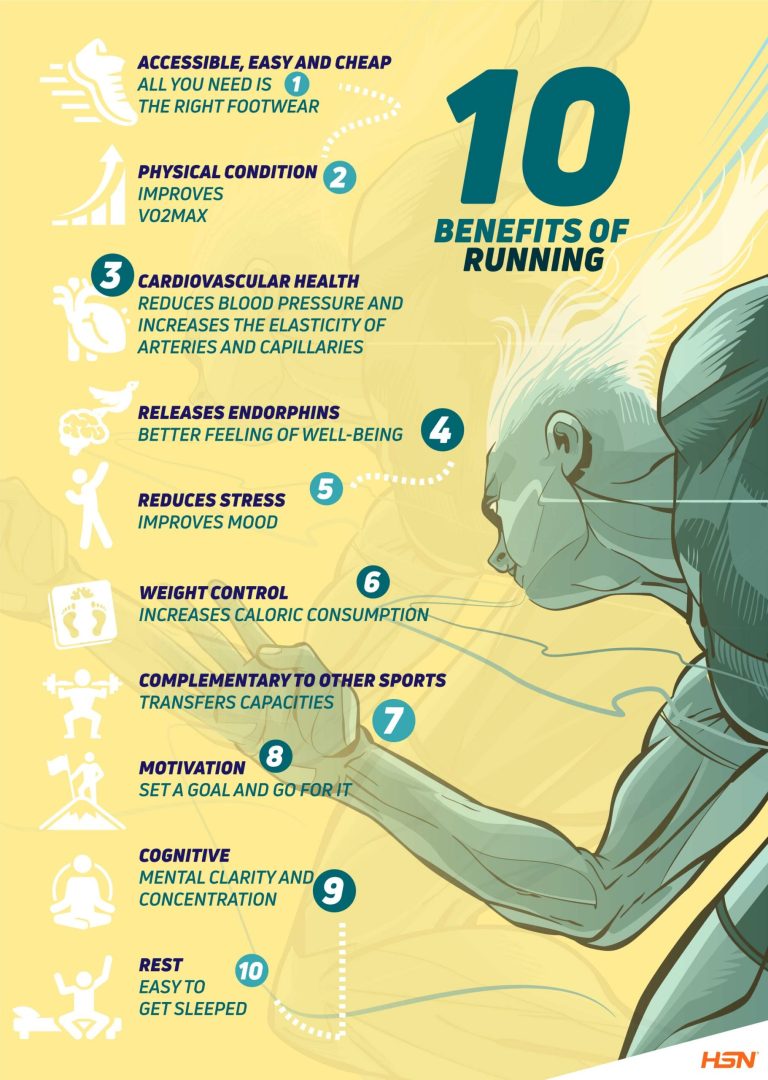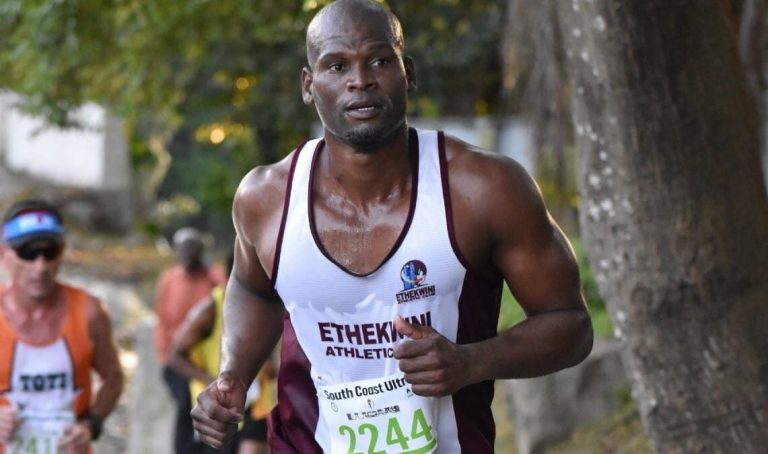How to Start Marathon Training
To start marathon training, set realistic goals and gradually increase mileage and intensity in your runs. Develop a structured training plan and incorporate rest days for recovery.
Are you looking to challenge yourself and achieve a personal milestone by running a marathon? The journey of marathon training requires dedication, persistence, and proper planning to ensure success on race day. By following a structured training program, focusing on gradual progress, and giving your body adequate rest and nutrition, you can build the endurance and strength needed to conquer the 26.
2 miles. Let’s delve into the essential aspects of starting marathon training to help you embark on this exciting and fulfilling journey towards your goal.

Credit: www.npr.org
Setting Your Goals
Setting goals is an essential part of starting your marathon training journey. One of the first steps you’ll take is defining your objectives and choosing a race distance that suits you. This guide will walk you through the process, helping you set clear and achievable goals.
Defining Your Objectives
Before jumping into your marathon training, it’s crucial to identify your objectives. Take a moment to clarify what you want to achieve with your marathon training. Are you aiming to complete your first marathon or improve your personal record? Clearly define your goals to have a clear vision and maintain motivation throughout your training.
Choosing A Race Distance
Once you have a clear idea of your objectives, it’s time to choose a race distance that aligns with your goals. Consider your current fitness level, previous running experience, and the amount of time you can commit to training. Choosing the right race distance is important as it determines the intensity and duration of your training plan.
Here is a table to help you understand the different race distances and what they entail:
| Race Distance | Description |
|---|---|
| 5K | A popular beginner distance. It’s 3.1 miles long and great for building endurance. |
| 10K | 6.2 miles long, providing a step up from a 5K race. It requires a bit more training and endurance. |
| Half Marathon | 13.1 miles long, ideal for those who want to challenge themselves further. |
| Full Marathon | The ultimate challenge, 26.2 miles long. This is for experienced runners or those seeking a significant accomplishment. |
Take a moment to reflect on your objectives and choose the race distance that suits you best. Keep in mind your current fitness level and the time you can dedicate to training.
To summarize, setting your goals is an important step when starting your marathon training. Clearly defining your objectives and choosing the appropriate race distance will set the foundation for a successful training plan. By staying focused and dedicated to your goals, you’ll be well on your way to crossing that finish line.
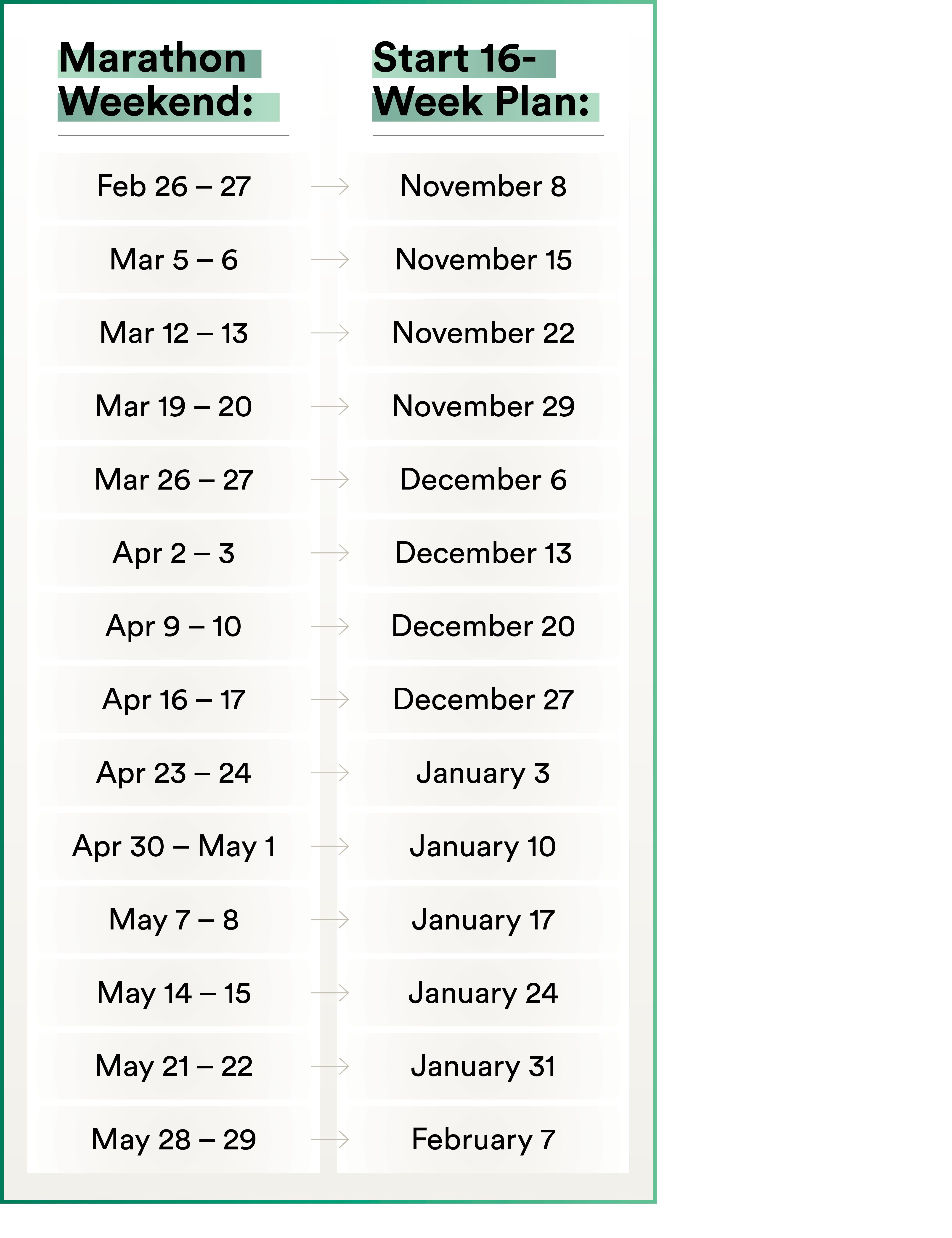
Credit: www.runnersworld.com
Building Your Base
Understanding Base Training
Base training means building your aerobic foundation before intensifying your workouts.
Establishing A Routine
A consistent schedule is essential for successful marathon training.
Training Techniques
Training Techniques:
Interval training involves alternating between periods of high-intensity exercise and rest. It helps improve speed and endurance.
Strength training focuses on building muscle strength, while cross training involves engaging in different types of activities to prevent overuse injuries.
Nutrition And Hydration
Prepare for marathon training by focusing on nutrition and hydration. Start by fueling your body with a balanced diet, including carbohydrates, proteins, and healthy fats. Keep yourself hydrated before, during, and after your training sessions to optimize performance and recovery.
Introduction: Nutrition And Hydration
Proper nutrition and hydration are key factors to consider when preparing for marathon training. A balanced diet and effective hydration strategies can greatly enhance your performance and recovery. In this section, we will explore the importance of maintaining a balanced diet and implementing efficient hydration techniques. Let’s dive in!
Balanced Diet
A balanced diet plays a crucial role in providing the necessary nutrients and energy for marathon training. Here are a few guidelines to ensure your diet is optimized for success:
- Include a variety of whole foods: Incorporate a range of fruits, vegetables, lean proteins, whole grains, and healthy fats into your meals. This helps supply essential vitamins, minerals, antioxidants, and fiber.
- Prioritize carbohydrates: Carbohydrates are the primary fuel source for endurance athletes. Make sure to include complex carbohydrates such as whole grains, legumes, and starchy vegetables in your diet to sustain energy levels.
- Don’t forget protein: Protein is essential for muscle repair and recovery. Include lean sources of protein like chicken, fish, tofu, and beans in your meals to support your training and aid in muscle repair.
- Stay hydrated: Hydration is closely connected to nutrition. Fuel your body with ample fluids, especially around your training sessions, to maintain optimal hydration levels.
- Monitor caloric intake: It’s important to consume enough calories to support the increased energy demands of marathon training. However, avoid overeating as it could lead to weight gain and decreased performance.
A well-rounded and balanced diet supplies your body with the nutrients it needs to perform at its best during marathon training. Remember, consistency is key when it comes to maintaining your dietary habits.
Hydration Strategies
Proper hydration is vital for both performance and overall well-being during marathon training. Here are some effective hydration strategies to follow:
- Drink adequate water: Make it a habit to consume water throughout the day. Aim for at least 8-10 cups spread out evenly.
- Pre-training hydration: Ensure you are well-hydrated before starting your training sessions. Drink 16-20 ounces of water or a sports drink about two hours prior to exercise.
- Hydrate during training: During long runs or intense workouts, maintain your hydration by sipping on water or a sports drink every 15-20 minutes. This helps replace fluids lost through sweat.
- Rehydrate post-training: After completing your workout, replenish your fluids by drinking water or a recovery drink. Aim to consume 24 ounces of fluid for every pound lost during exercise.
- Electrolyte balance: Electrolytes like sodium, potassium, and magnesium play a vital role in hydration. Consume electrolyte-rich foods and sports drinks to help maintain adequate electrolyte levels.
- Listen to your body: Pay attention to thirst cues and monitor urine color. If you’re feeling thirsty or your urine appears dark yellow, it may indicate dehydration.
By following these hydration strategies, you can optimize your performance, prevent dehydration, and reduce the risk of adverse effects from improper hydration.
Injury Prevention And Recovery
When it comes to marathon training, injury prevention and recovery are crucial aspects to focus on. Incorporating the right strategies to minimize injury risk and promote efficient recovery can help runners stay healthy and perform at their best. Let’s delve into essential considerations for injury prevention and recovery to ensure a successful marathon training journey.
Rest And Recovery
Proper rest and recovery play a pivotal role in preventing injuries and sustaining optimal performance during marathon training. Quality sleep is paramount for allowing the body to repair and regenerate, so aim for 7-9 hours of sleep each night. Additionally, incorporating regular rest days into your training schedule helps prevent overuse injuries, allowing muscles and joints to recuperate and adapt to the training stress. Implementing active recovery techniques such as gentle stretching, foam rolling, and yoga can also promote blood circulation and alleviate muscle tightness, aiding in injury prevention.
Common Injuries To Avoid
As you embark on marathon training, it’s essential to be mindful of common running injuries that can hinder progress. Achilles tendinitis, shin splints, and runner’s knee are prevalent issues that can arise with inadequate preparation or overtraining. Proper warm-up and cooldown routines, gradual progression in training intensity, and incorporating strength training exercises can aid in preventing these injuries. Moreover, wearing appropriate footwear and ensuring proper running form are integral for minimizing the risk of developing these common running-related ailments.

Credit: www.nike.com
Frequently Asked Questions For How To Start Marathon Training
How Long Should A Beginner Train For A Marathon?
A beginner should train for a marathon for at least 16-20 weeks to build endurance and avoid injuries. It’s important to gradually increase mileage and incorporate cross-training. Listen to your body and consult a professional if needed. Remember, consistency and patience are key to marathon training success.
How Do You Start A Marathon For Beginners?
To start a marathon for beginners, gradually increase mileage, include rest days, stay hydrated, follow a training plan, and listen to your body.
How Many Miles Before Starting Marathon Training?
You should have a base mileage of 15-25 miles per week before starting marathon training.
Conclusion
To summarize, starting marathon training requires a well-planned approach to ensure success and minimize the risk of injury. By gradually increasing mileage, incorporating strength training, following a proper nutrition plan, and listening to your body, you can set yourself up for a rewarding journey.
Remember, consistency and perseverance are key, so stay focused and motivated throughout your training. Get ready to conquer the marathon challenge!

